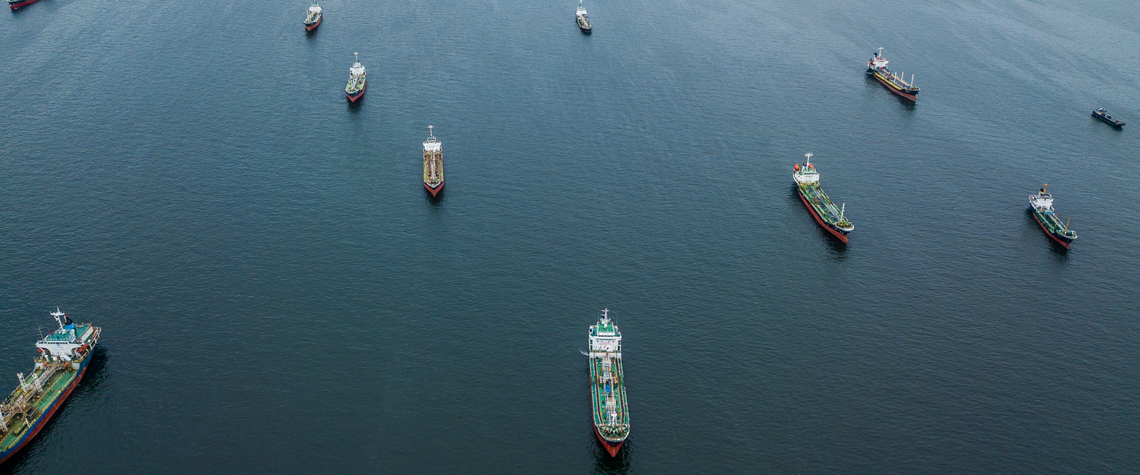IMO 2020 to beckon in a new reality
The new regulations are poised to change shipping markets forever. Some participants may handle the new regulatory environment better than others
IMO 2020 will radically change shipping market supply/demand dynamics. The basis of the new regulations is simple–to reduce sulphur emissions by tightening the requirements around allowable fuels any given seagoing vessel can burn. In technical terms, this means cutting sulphur content to 0.5pc, down from 3.5pc at present. High sulphur fuel oil (HSFO) demand will, in part, be forced to shift towards cleaner alternatives, namely marine gasoil and low sulphur fuel oil (LSFO). LNG is also an option, albeit uptake will be limited. Advantage West Africa A barrel of crude oil is associated with a wide variety of classifications that can range from light-sweet (thin, low sulphur) to heavy-sour (d

Also in this section
27 February 2026
LNG would serve as a backup supply source as domestic gas declines and the country’s energy system comes under stress during periods of low hydropower output and high energy demand
27 February 2026
The assumption that oil markets will re-route and work around sanctions is being tested, and it is the physical infrastructure that is acting as the constraint
27 February 2026
The 25th WPC Energy Congress to take place in tandem as part of a coordinated week of high-level ministerial, institutional and industry engagements
27 February 2026
The deepwater sector must be brave by fast-tracking projects and making progress to seize huge offshore opportunities and not become bogged down by capacity constraints and consolidation







